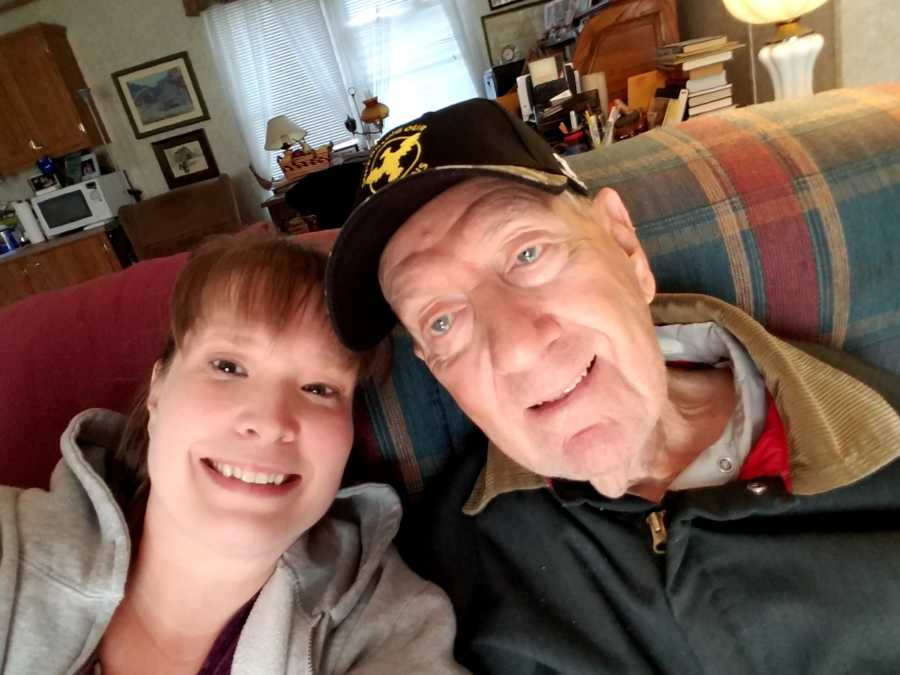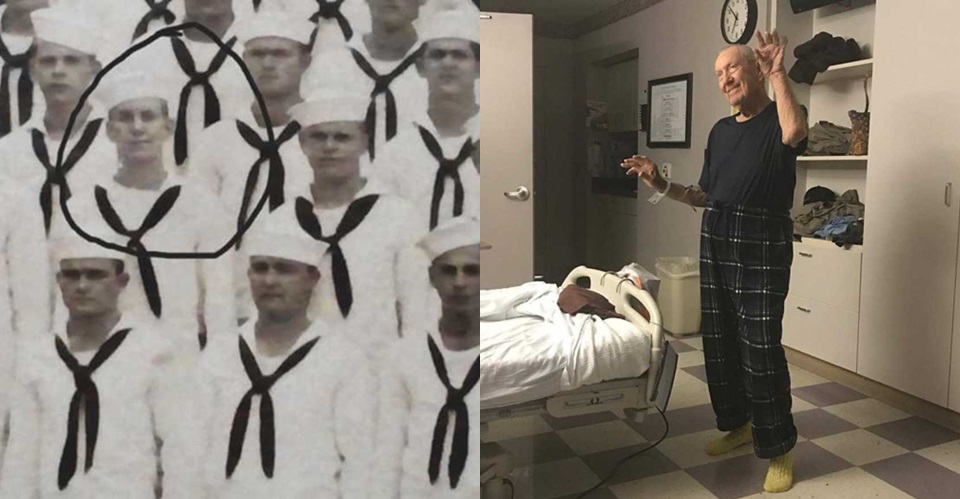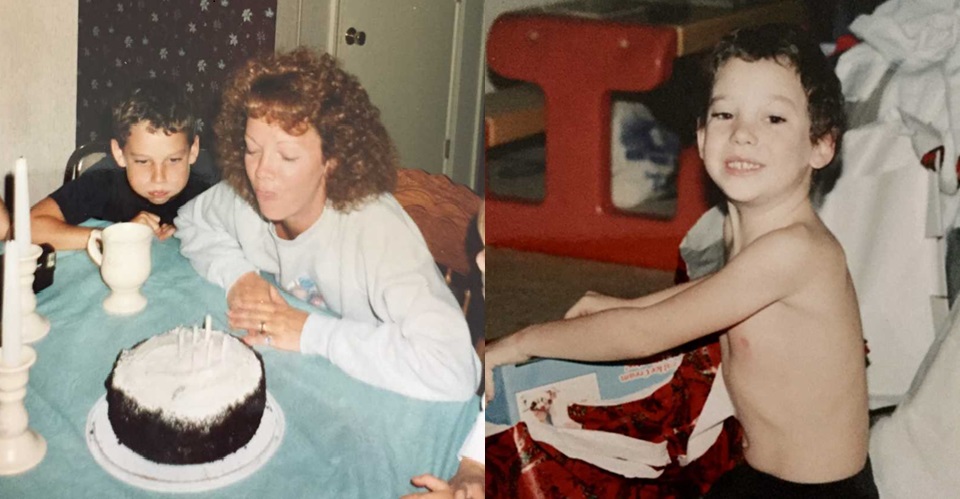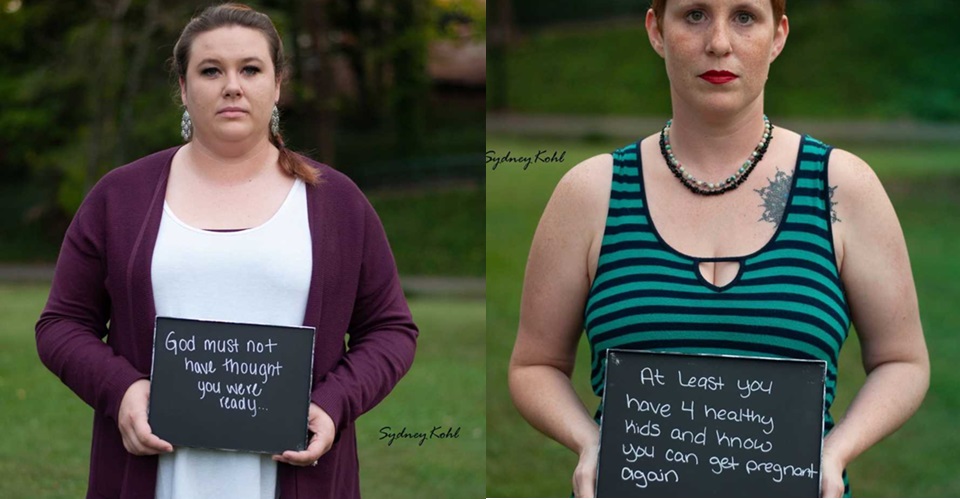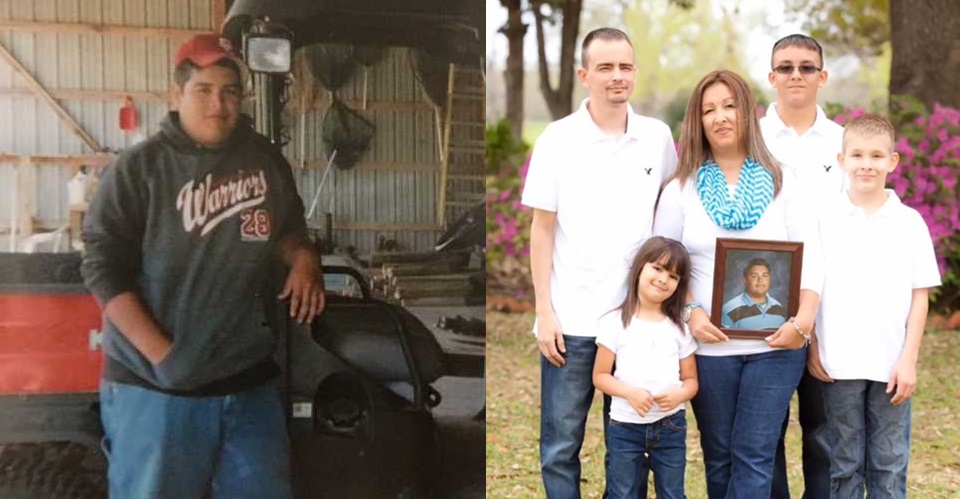Some people are stitched together by stubbornness and grit, and Jo McCrary’s grandfather was one of them. He was a World War II veteran, a machinist, a farmer, and a man whose hands never knew stillness. He landed on Pearl Harbor the day after Japan surrendered, and in his own teasing way he would say the enemy gave up because they knew he was coming. That mix of humor and toughness summed him up well.
He worked in coveralls, grease under his nails, and precision in his veins for decades. He could fix anything, from farm equipment to household gadgets, and expected order in his world. Everything lined up, everything cleaned, everything done right. His father had nicknamed him Spic ‘N Span because he was the neatest machinist anyone had ever seen. He would strip off his dirty clothes in the garage, scrub his hands with lava soap, and only then walk into the house. That was discipline, his kind of discipline.
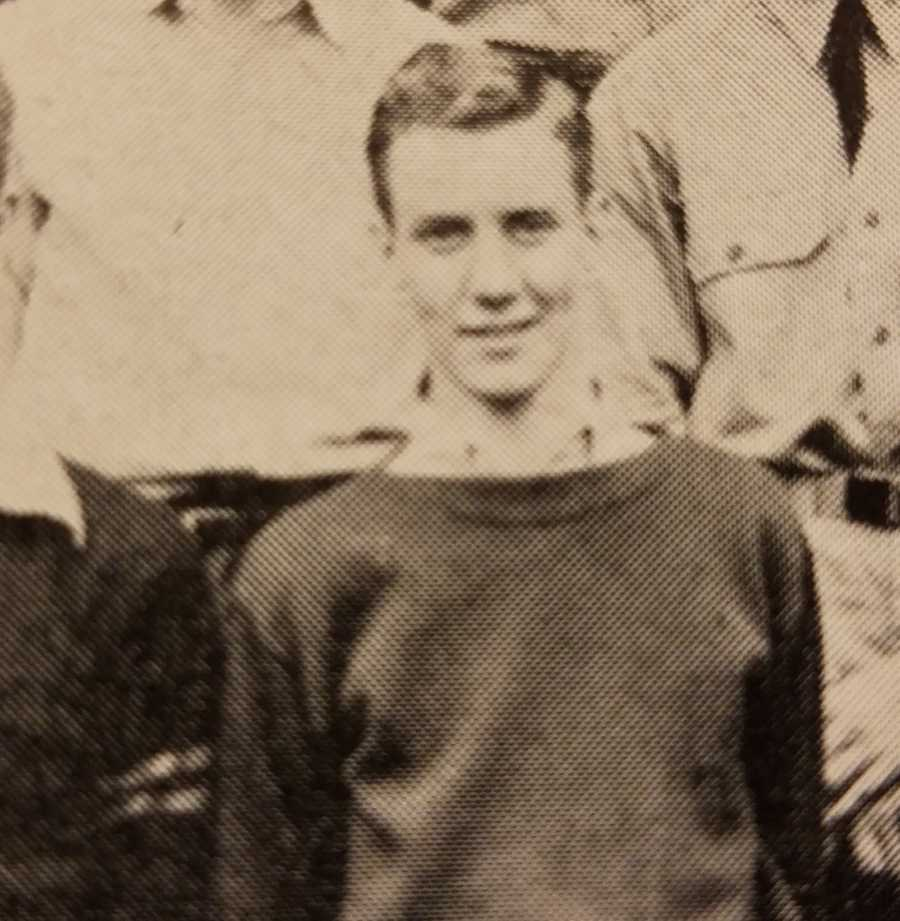
He had favorite sayings that became family legends. If someone challenged him, he would shrug and mutter his trademark line, I don’t see why not. It meant the discussion was over. He was ornery, almost proudly so, and Jo often joked that his picture would be there if you opened a dictionary to that word. He lived life his way, and he planned to die that way too.
The cancer diagnosis came in the fall. Surgery was suggested, but he shook his head. He told the doctors he wasn’t going to spend his days lying in bed with tubes and machines. He wanted to be at home, on his land, near his cattle, close to his tools. Jo cried when she first heard, but he told her to save her tears. He was content with the choice he made.
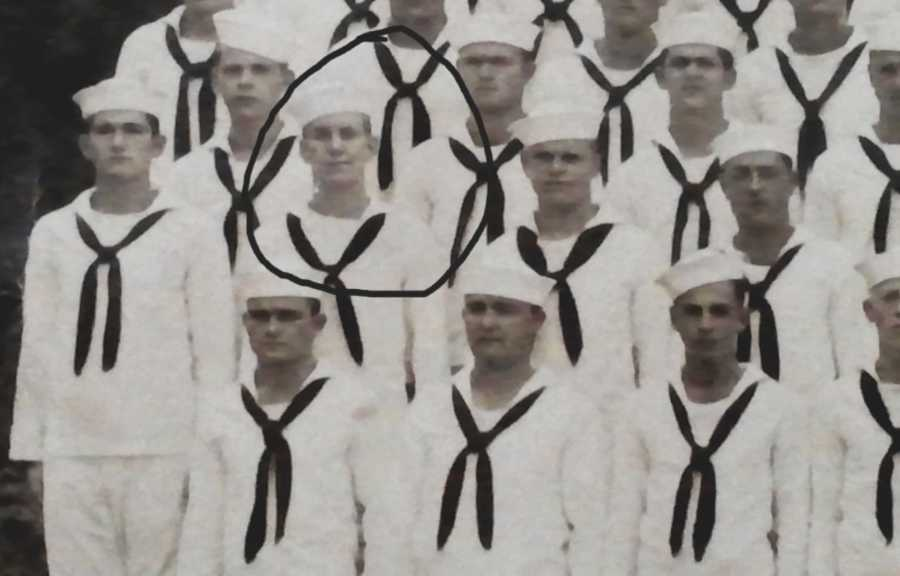
That was the thing about him, he didn’t believe in waiting around for anyone to care for him. When Jo’s mother tried to stay and help, he pushed her to leave. He didn’t want his daughter bossing him around. He said he could walk then, and he would walk later, even when he was bedridden. It was his brand of humor, sharp-edged and defiant, but the truth was underneath it. He wasn’t ready to give up control.
By May, things changed. His body needed round-the-clock care. The cancer was poisoning his mind, fogging his thoughts, leaving him angry and confused. A hospital bed was delivered, but he wanted nothing to do with it. He told Jo if he got in that bed, he would never be allowed out. Even as his memory slipped, he held on to the one thing he always knew, the farm still needed him.
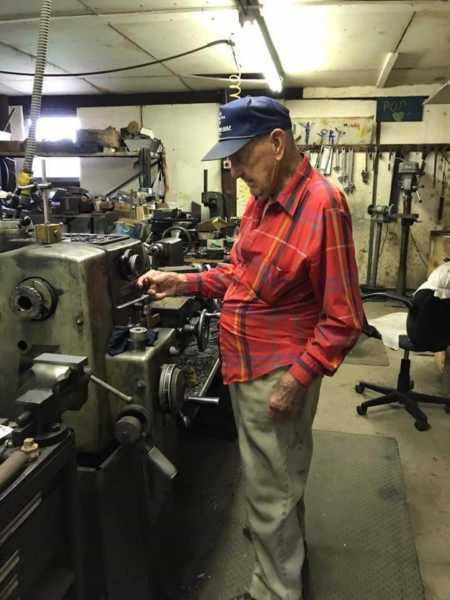
The lawnmower blade needed sharpening, the hay needed cutting, the fences required fixing. In his mind, there was still work to be done. He would wake at night, restless, searching for documents, muttering about chores. He layered clothes in the heat, tugged on his overalls, cane in one hand, coffee in the other, determined to head outside even in ninety-degree weather. He cursed Jo, accused her of stealing his clothes, and called her a thief when she tried to stop him. It broke her heart, but she let him go, because trying to hold him back was like trying to hold back a storm.
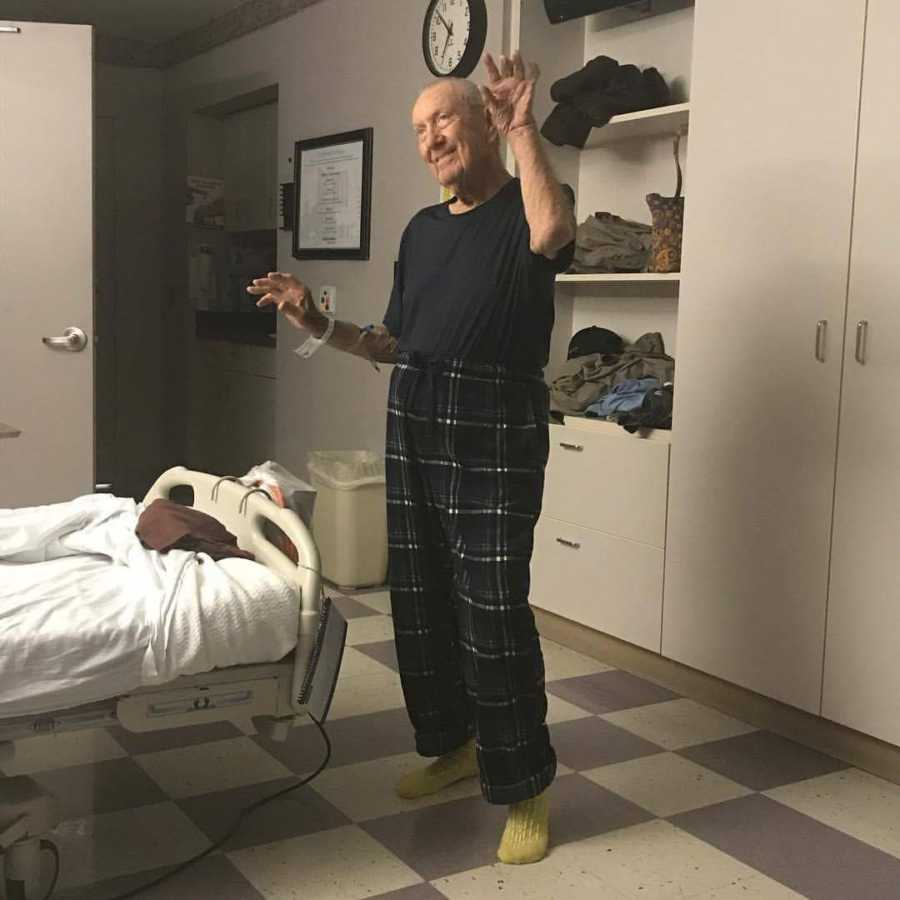
Eventually, hospice became unavoidable. Even there, he fussed about lamps and televisions, convinced things still needed fixing. The doctor told the family there was no physical reason he should still be alive. It was something spiritual, she said, something that kept him holding on. Maybe he was waiting for the hay to be cut, perhaps he was waiting for permission to let go. On Friday, the hay was finally finished. A cousin and a neighbor had stepped in, making sure the fields were in order. That same evening, at 9:01 p.m., he took his last breath. The work was done, and he allowed himself to leave only then.
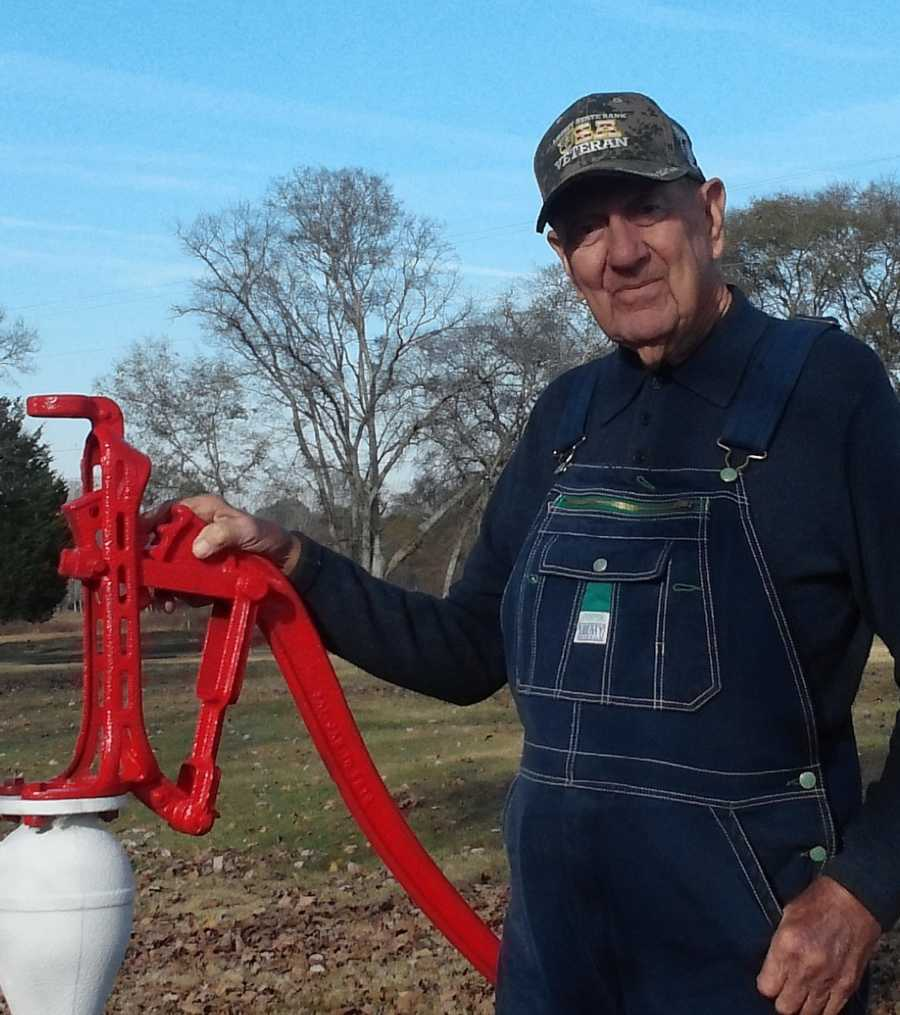
Jo thinks about him often, the ornery grandfather who called her his Number One Granddaughter, not because she was the best, but because rank mattered to him. He left her no inheritance, and she didn’t need one. What he gave her instead was something more challenging to put into words, a lesson that life is meant to be lived with stubborn passion, order when you can find it, and work that keeps your soul steady until the very end. In the end, her grandfather did what he had always done. He finished the chores, and then he went home.
